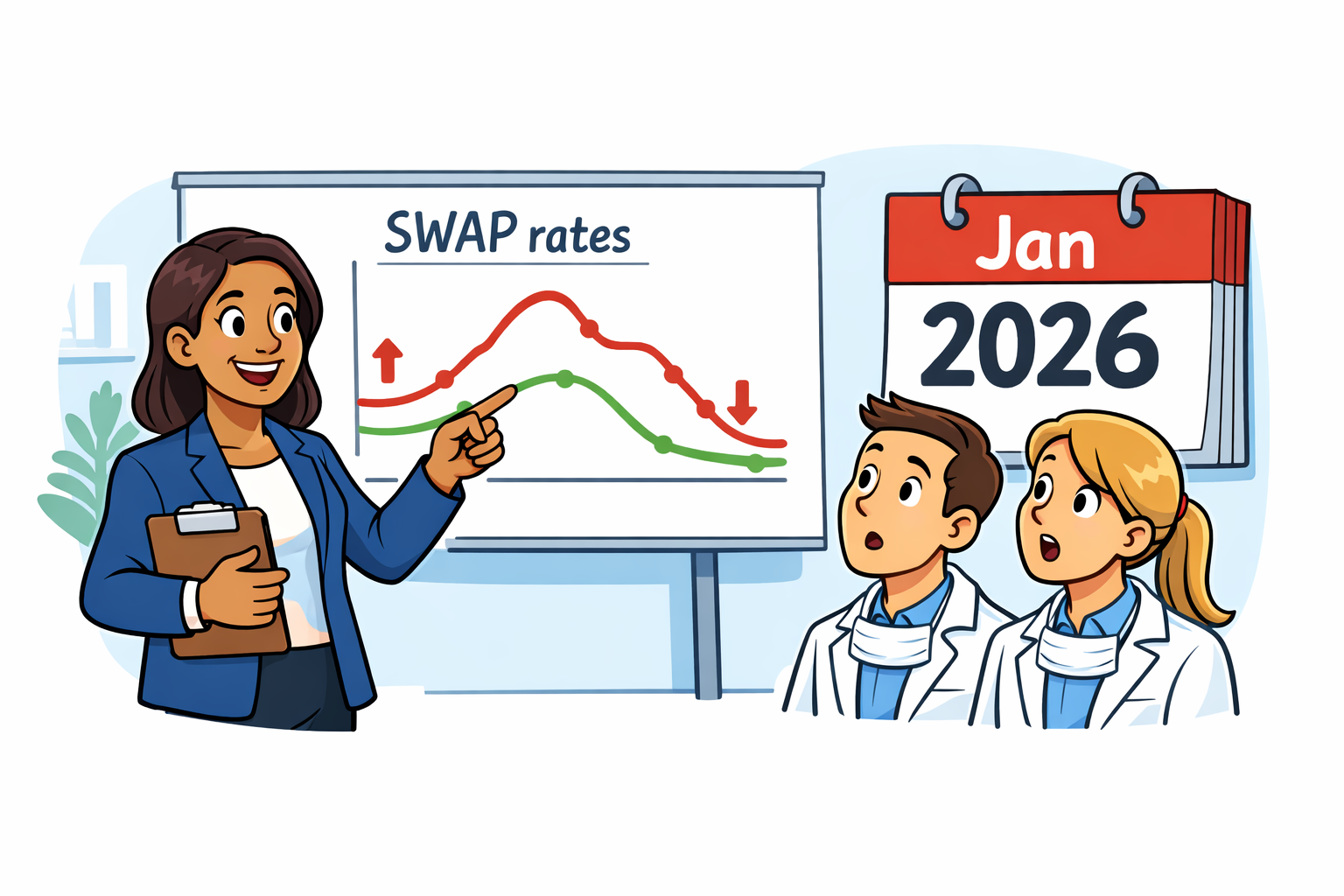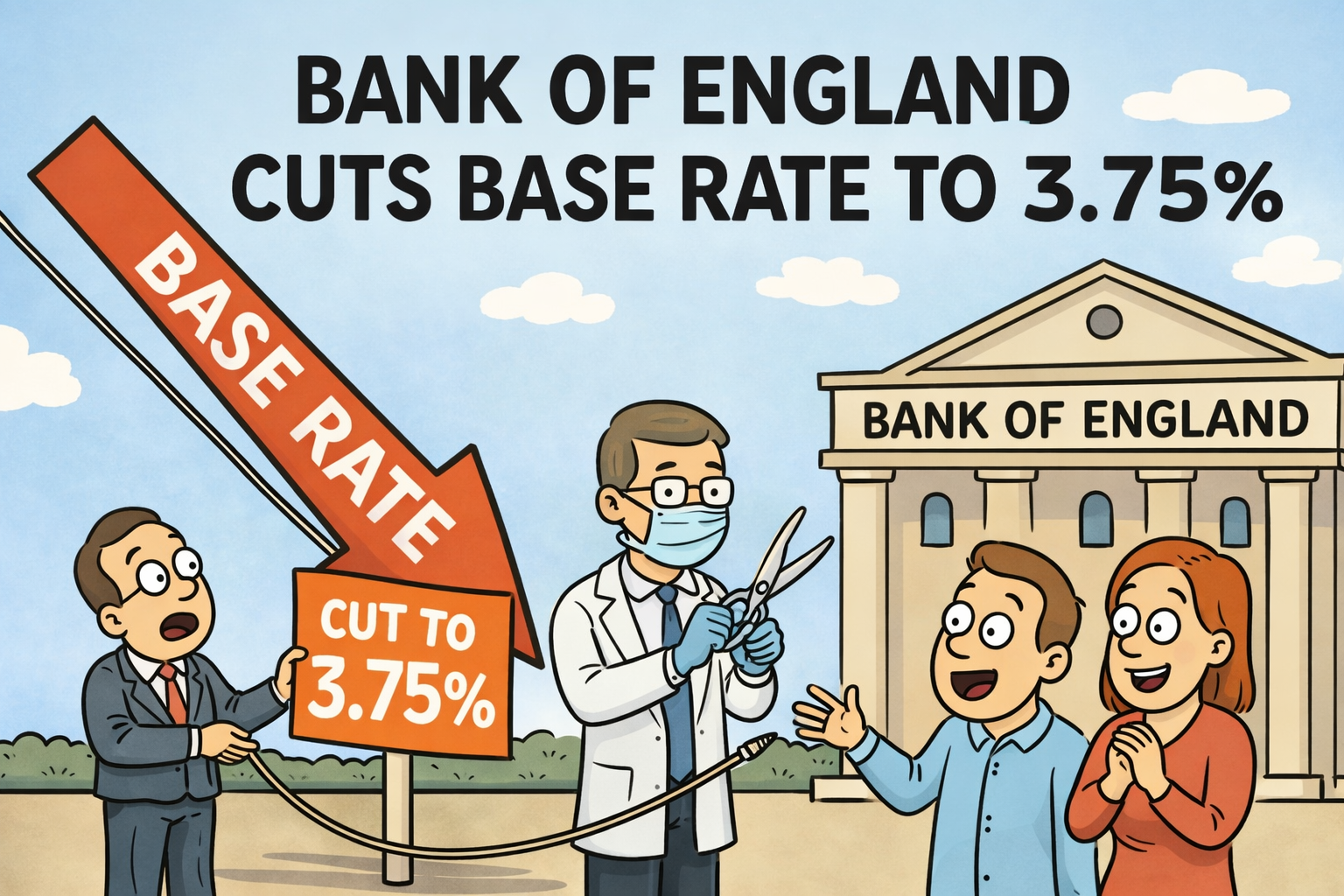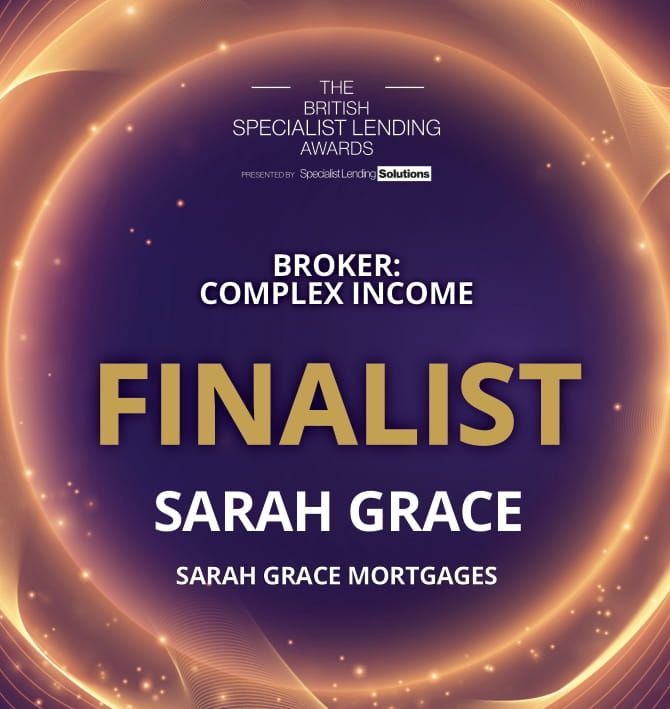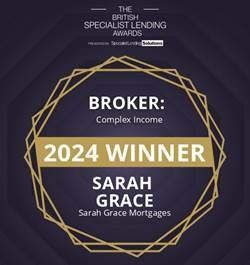Can’t work out how much you can borrow on a residential mortgage? Let’s demystify what lenders will use…..
What income multipliers do lenders use to calculate borrowing capacity?
In simple terms, income multipliers are the factors lenders use to calculate how much money you can borrow based on your annual income. The idea is that by multiplying your income by a certain figure (typically 4.5 to 5.5 times your income), lenders can get a sense of your borrowing potential. For example, if your annual income is £80,000 and the lender uses a multiplier of 5, you could potentially borrow up to £400,000.
Let’s see what lenders class as income:
Dentists operating as a Self-Employed sole trader / partnership
Lenders will typically work off the latest or an average of the latest 2 years tax return income, for example, if your last 2 years figures have been:
22/23 tax year £86,500
23/24 tax year £92,500
The average is £90,000 x 5 (lenders income multiplier) = £450,000
Dentists operating via a Limited Company
This is where lenders can vary significantly, let’s say you own 100% of the shares in your business and the figures are as follows:
Profit before corporation tax £145,000
Profit after corporation tax £110,325
Directors salary drawn £9,000
Dividends taken £41,250
Similarly to the above, lenders will use the average of the latest 2 years, for this example, we assume that the latest 2 years figures are the same.
Below are examples of different lenders calculations:
Salary & Dividends
Majority of high street lenders will use salary & dividends.
Example £9,000 + £41,250 = £50,250 (income used)
Calculation £50,250 x 5 = £251,250 mortgage
Profit after tax + salary
There are a number of mainstream lenders who are able to use these figures.
Example £110,325 + £9,000 = £119,325 (income used)
Calculation £119,325 x 5 = £596,625
Profit before tax + salary
There is then a handful of lenders will use these figures.
Example £145,000 + £9,000 = £154,000
Calculation £154,000 x 5 = £725,000
As you can see in this example, the profit before tax lender will lend nearly 3 times more than the salary & dividend lender.
Alternatives for Associate Dentists
We also have other options available where you may have upskilled and are now earning more than the average of your latest 2 years, this is where we can use the average of your last 3 months income receipts from the practice(s) you work at.
Let’s say you have received the following payments into your account over the last 3 months.
Example Month 1 £12,100 | Month 2 £9,320 | Month 3 £10,400
The average of the above is £10,607 x 12 months = £127,284
Calculation £127,284 x 5 = £636,420
Conclusion
While income multipliers are a helpful starting point, there are several other factors that lenders will take into consideration when assessing your mortgage application
Stability of Income: Lenders will want to see a consistent income history. For self-employed dentists, having several years of financial records (such as tax returns or accountants) will demonstrating stability.
Deposit Size: A larger deposit can increase your chances of securing a mortgage, as it lowers the lender’s risk. Some lenders may offer higher multipliers to those with a larger deposit.
Credit Score: Your credit history plays a significant role in determining whether a lender will approve your application and the terms they offer. A strong credit score can often allow for a higher borrowing capacity.
Debt-to-Income Ratio: Lenders will assess your existing personal financial commitments (such as loans or credit cards) relative to your income. A lower debt-to-income ratio can improve your chances of securing a mortgage with a favourable multiplier.
At Sarah Grace Mortgages, we specialise in helping dentists navigate the mortgage process and find the best deals suited to your unique financial situation. If you're a dentist looking to purchase your first home, moving home, remortgaging your existing home or invest in buy to let, contact us today for expert advice via one of the following:








